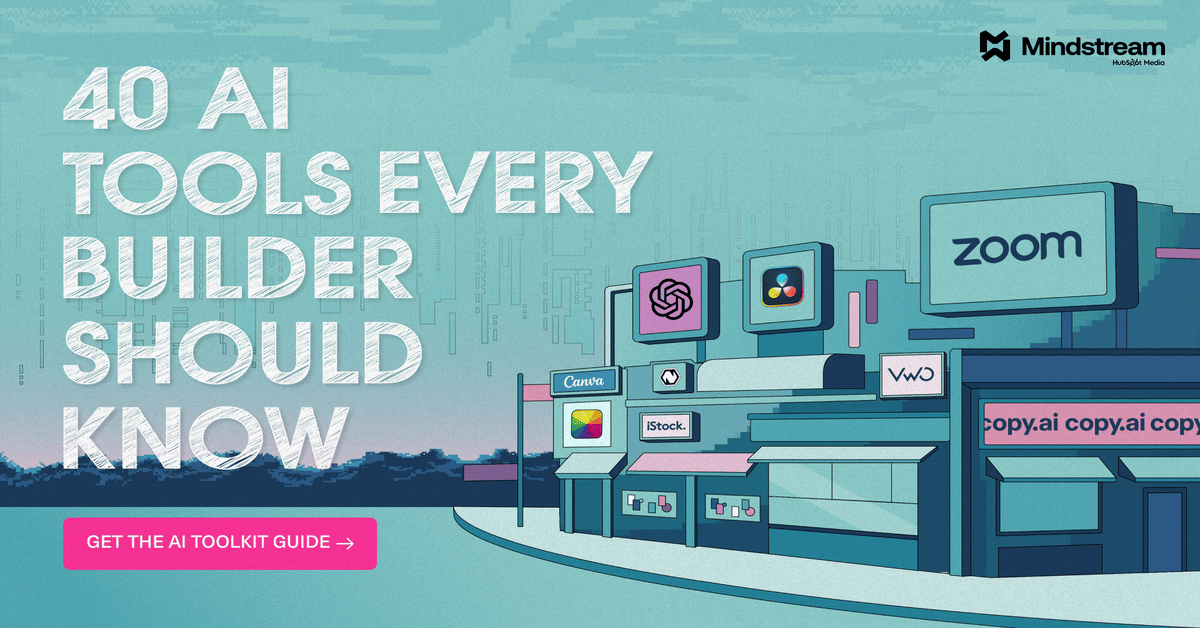- AIHealthTech Insider
- Posts
- ⚡ $1M AI Prize to Crack Alzheimer’s
⚡ $1M AI Prize to Crack Alzheimer’s
ALSO: Can AI Really “Solve All Disease”?

AIHealthTech Insider: Issue #66
September 15, 2025
This week's edition covers AI's influence from Capitol Hill to healthcare: lawmakers debate risks, FDA considers mental health tools, hospitals test AI scribes, Isomorphic Labs aims to "solve all disease," China explores brain-inspired models, NEJM spotlights AI in diabetes care, and Gates Ventures announces a $1M Alzheimer’s AI Prize.
Here’s what’s inside ⬇️
🧬 Isomorphic Labs aims to “solve all disease” with AI
🧠 SpikingBrain1.0 pushes brain-like efficiency for health AI
🩺 Lawmakers weigh AI’s role in U.S. healthcare
💻 South Australia pilots AI scribes for doctors
⚡ Gates Ventures launches $1M Alzheimer’s AI Prize
🧬 NEJM highlights AI in precision diabetes care
Summaries for education, not medical advice. Verify locally before clinical use.
🎥 Watch & Listen with NotebookLM
This week’s issue comes with Video Overview powered by NotebookLM
🎥 Watch & Listen with NotebookLM
This week’s issue comes with Video Overview powered by NotebookLM
🎥 Watch & Listen with NotebookLM
This week’s issue comes with Video Overview powered by NotebookLM

Source: Bloomberg
London-based Isomorphic Labs, led by Nobel laureate and DeepMind CEO Demis Hassabis, is building an AI-driven drug discovery platform with the mission “to solve all disease.”
Spun out from DeepMind to commercialize AlphaFold protein-folding breakthroughs
Build a general AI platform to accelerate treatments in oncology & immunology
Cancer (the “holy grail”) and immune disorders chosen for promising clinical pathways
Traditional preclinical work takes 3–6 years Hassabis says AI could cut this to months
This marks a bold attempt to replace decades of guesswork with AI-driven precision medicine.
Source: DeepMind CEO Demis Hassabis Says AI Will Cut Drug Discovery From Years to Months - Bloomberg
Sponsored
You Don’t Need to Be Technical. Just Informed
AI isn’t optional anymore—but coding isn’t required.
The AI Report gives business leaders the edge with daily insights, use cases, and implementation guides across ops, sales, and strategy.
Trusted by professionals at Google, OpenAI, and Microsoft.
👉 Get the newsletter and make smarter AI decisions.

Image created by AI
China has unveiled the world’s first large-scale neuromorphic AI model, SpikingBrain1.0, designed to mimic human brain efficiency.
Trains on <2% of typical data while delivering 100× faster inference
Localized attention focuses only on recent context, cutting cost
7B model: near-constant memory and strong baseline accuracy
Spiking neurons: convert activations into sparse events at inference
Runs on MetaX C550 GPUs, showing hardware independence
A new paradigm in low-power AI for drones, wearables, and edge computing.

Image created by AI
The U.S. House Subcommittee on Health held a Sept. 3 hearing on AI’s role in medicine.
AI could improve coordination, accelerate discovery, and lower patient costs
Chair Rep. Morgan Griffith (R-Va.) called AI central to patient care and admin efficiency
Rep. Diana Harshbarger (R-Tenn.) asked how automation could support rural pharmacies
Rep. Jay Obernolte (R-Calif.) pressed on benefits beyond savings testimony cited personalized care and transparency
Rep. Nick Langworthy (R-N.Y.) noted AI’s impact on diagnosis, outcomes, and rural access
The hearing reflects growing bipartisan focus on AI’s role in U.S. healthcare.
Sponsored
Choose the Right AI Tools
With thousands of AI tools available, how do you know which ones are worth your money? Subscribe to Mindstream and get our expert guide comparing 40+ popular AI tools. Discover which free options rival paid versions and when upgrading is essential. Stop overspending on tools you don't need and find the perfect AI stack for your workflow.

Source: Reuters
The FDA will convene its Digital Health Advisory Committee on Nov. 6 to evaluate AI mental health technologies.
Focus: generative AI chatbots, digital therapy apps, triage assistants
Goal: balance innovation with safety, privacy, and evidence standards
Concerns: bias, over-reliance, lack of outcome data
Potential: scalable mental health support amid clinician shortages
One of the FDA’s first major steps in regulating AI for behavioral health.

Image created by AI
Doctors in South Australia are trialing an AI “scribe” that automates clinical note-taking.
Listens during doctor–patient visits and generates summaries in real time
Creates referral letters, notes, and patient instructions automatically
Aims to cut admin burden and free clinicians for more patient time
Early results show reduced burnout and shorter wait times
If scaled, AI scribes could become standard across global health systems.
Source 👉 https://www.adelaidenow.com.au/
Sponsored
The best HR advice comes from those in the trenches. That’s what this is: real-world HR insights delivered in a newsletter from Hebba Youssef, a Chief People Officer who’s been there. Practical, real strategies with a dash of humor. Because HR shouldn’t be thankless—and you shouldn’t be alone in it.

Image Source: NEJM AI on X
Experts convened by the U.S. National Institute of Diabetes & Digestive & Kidney Diseases highlighted AI’s role in transforming diabetes care.
Diabetes heterogeneity demands personalized prevention & treatment
AI can tailor risk prediction, therapy response, and prognosis
Opportunities: multi-omic data integration, diagnosis, better treatment paths
Challenges: data standards, validation, equitable access
Toward a shift from generic management to individualized health planning.
🔎 Do You Know? $1M AI Prize for Alzheimer’s 😃

Source: AD Data Initiative | Home
A new $1M Alzheimer’s Insights AI Prize has been launched to accelerate dementia research. Backed by Bill Gates and Gates Ventures, it invites global AI innovators to build systems that can reason, plan, and act on massive datasets.
Goal: uncover biomarkers, treatments, and trial designs
Winning tools open sourced on the AD Workbench
With 152M cases projected by 2050, the prize aims to shift dementia science from reactive to predictive
Stay Ahead: AI Healthcare News!
This is just a glimpse of the AI healthcare revolution. Subscribe for exclusive updates on medicine’s future!



